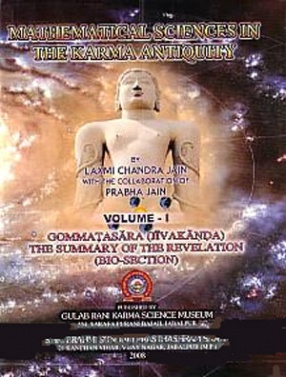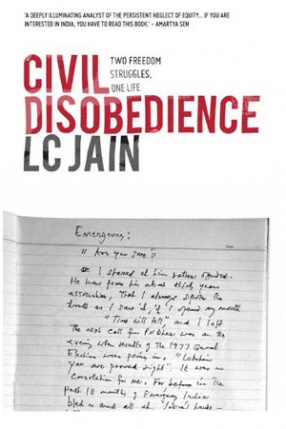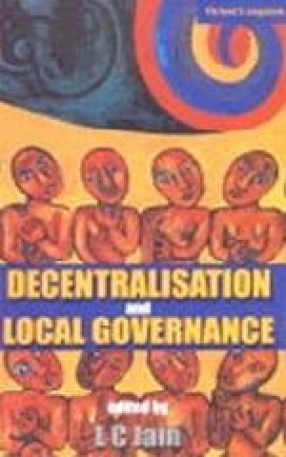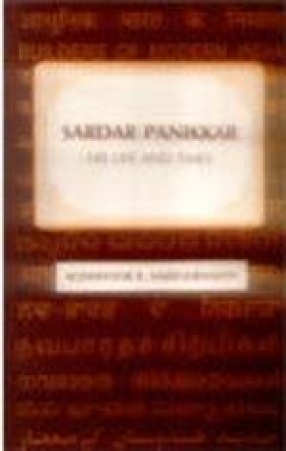The City of Hope is a riveting and incisive description of India’s first major experiment in rehabilitation through self-help at Faridabad. The year was 1947, a time when millions of refugees from Pakistan marched into India. Of that exodus, nearly 50,000 men, women and children from the North-West Frontier Province were given shelter at the Faridabad resettlement camp, 20 kilometers from Delhi. In 1949, barely two years after the camp was set up, the Rehabilitation Ministry withdrew relief to its inhabitants without first creating gainful jobs, pushing them towards the brink of destitution. This book is a first hand account of how that challenge was met through a unique experiment, Nehru saw the Faridabad project as a laboratory to test his plans for building Modern India of his dreams; Nehru and (Dr.) Rajendra Prasad were active members of the Faridabad Development Board. Faridabad soon grew not only into fledgling industrial township, the cooperative movement also registered its earliest successes including in building the township through labour cooperatives. It developed a unique system of social health, a non-colonial system of basic education and workers held the ownership of industrial enterprises. But its successes and autonomy drew the resentment of an establishment riddled with colonial mentality, which pulled it apart. Though 50 years have now lapsed, the story of Faridabad, told in these pages, is still lively and relevant. Of particular interest for readers today are the lessons emerging from Faridabad’s experiment. The most important lesson is the recognition of the role people play in investing development with dynamism and hope. No less important, both now as in the past, is the danger we face from narrow politicians and administrators dressed in brief authority who can unbuild such endeavours.
Mathematical Sciences in the Karma Antiquity (In 2 Volumes)
The volume presents Prof. L. ...
$270.00
$300.00








There are no reviews yet.